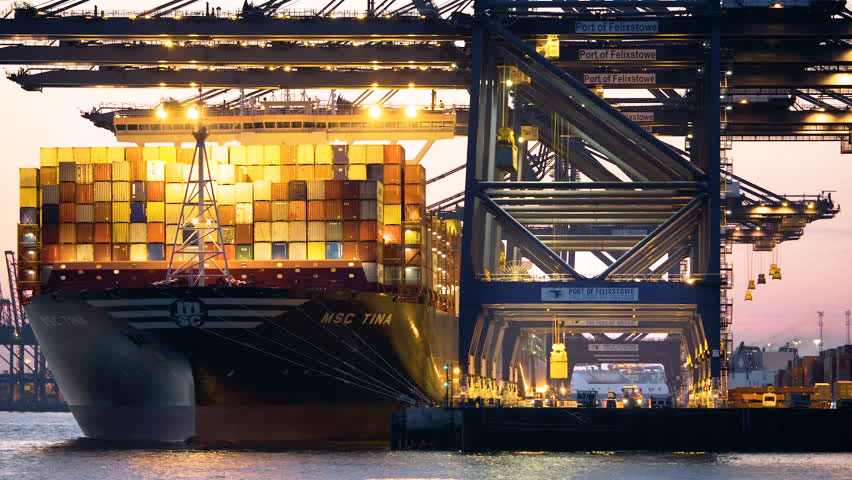With instant communication making the world seem like a small place, it is easy to get caught out by the import rules and regulations surrounding importation of goods.
Recent discussion around the Brexit negotiations, and alternate trade deals, has shone a light on the world of trade tariffs. Many countries charge import duty on a wide range of products, perhaps to restrict supply, protect domestic producers, or simply because they see an easy opportunity to raise tax revenue. One extreme example was the 1963 US “chicken tax” which imposed a 25% levy on imported pick-up trucks, protecting US producers from foreign imports for many years.
Duty on certain imported goods may be chargeable – but it is not always clear for the buyer. And the most regular discovery of this, is as innocent consumers buy online, often through websites such as Ebay. Sellers from distant countries such as China can list goods for sale, sell them and dispatch them, without making the buyer aware of duty costs. What seemed a great deal can seem less so, when the buyer receives a card telling them they need to go and pay a duty charge, before receiving their package.
Similarly, more than one of us has been on holiday and spotted a great product, and wondered: “Why couldn’t I sell those back home?” Whether it’s kids’ party plates, a new style of clothing or the latest gadget, you need to be aware that importing is not as simple as ordering up a container of product and getting it sent across the ocean, you need to be aware of import rules and costs etc.
Imported goods must comply with the import rules and regulations in their destination country. Often, those regulations, even if they apparently set out to achieve the same end – such as health and safety – can be very different in their demands, from country to country. Plastics, paint and many other types of material used commonly in a wide range of products, may well have different specifications across borders.
This need to have approval in a new market, may mean authorities testing the product in a laboratory to ensure it complies with local requirements – something that will be a chargeable additional cost. Then there is duty, which will be calculated on a tariff relating to the source market, the international agreements between it and the destination market, plus how the product is categorised.
All of which leads to the realisation that it is probably best to take advice from a reliable and experienced logistics expert, such as our logistics experts here at Smart Directions, before embarking on that enterprise to buy a container of foreign products. The optimist might barely consider what could go wrong. The realist will want to avoid having product held up in transit; having it destroyed for failure to comply with local regulations; or receiving a substantial import tariff fees that could turn those foreign bargains, into overpriced product that will be hard to sell.
Do the Smart thing when it comes to your import and export requirements, call our import and logistics experts on 01442 507240 or contact us here.
You might even want to get an online quote too.

